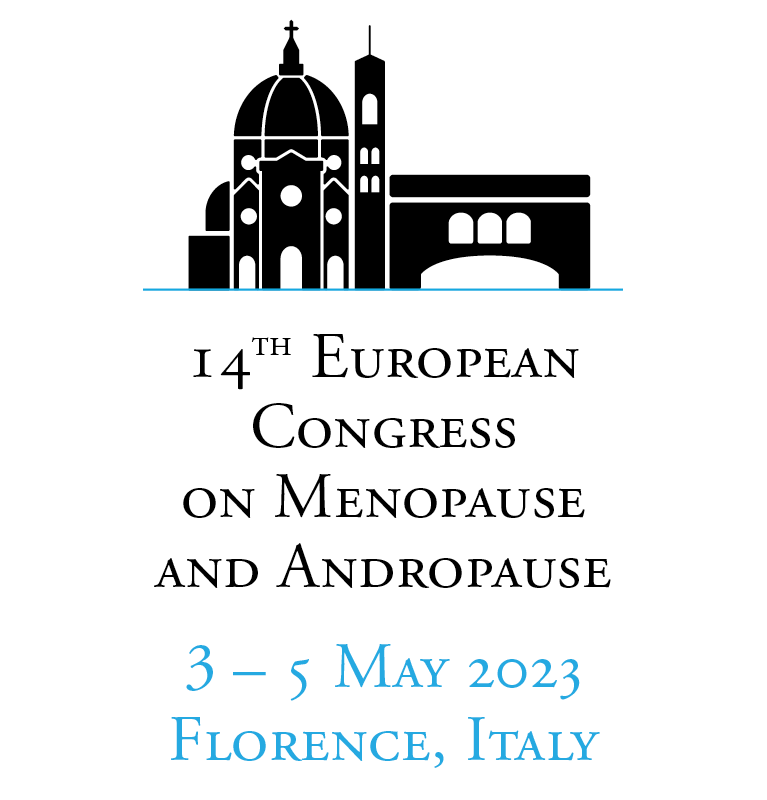Abstracts
Abstract Submission
Abstract Submission is closed.
Thank you to all abstract submitters for their contribution. The abstract submission is closed and the notifications have been sent out, by email, beginning of March 2023.
If you have any questions, please contact the Program Content and Development Department at [email protected]
Abstract Publication
All accepted abstracts will be published online on the congress website and on the journal Maturitas. Maturitas is an international multidisciplinary peer-reviewed scientific journal of midlife health and beyond. The 2022 impact factor is 5.11. All abstracts will be published in the July 2023 issue (printed and online).
To prepare and submit an abstract, please see the following Guidelines:
Maximum Number of Words
2,500 characters (including spaces)- Tables/Pictures:
No tables are allowed.
No pictures are allowed. - Authors:
Authors and institution must be named, the presenter (or presenting author) must be underlined. - Please note that your abstract cannot contain or mention brand or proprietary names of a medical product. Should this be the case, you will be asked to edit the abstract.
- Notification of acceptance:
All authors will be informed on the status of their submitted abstract by mid-March 2023.
The Scientific Committee invites worldwide experts to submit their abstracts for review and possible presentation on the following topics:
1.1. Climacteric symptoms
1.2. Complementary and alternative medicine
1.3. Diet, lifestyle and dietary supplements
1.4. Female sexual dysfunction
1.5. Menopausal hormone therapy, and non-hormone therapy
1.6. Menopause in the workplace
1.7. Osteoporosis
1.8. Ovarian ageing
1.9. Perimenopause
1.10. Premature menopause
1.11. Quality of life
1.12. Urogenital ageing
2.1. Assisted reproduction
2.2. Benign breast disease
2.3. Benign gynaecology
2.4. Breast cancer
2.5. Contraception and fertility
2.6. Endocrine disrupters
2.7. Endocrinology
2.8. Gynaecological cancer
2.9. Hormone and Non-hormone therapy
2.10. Sexual orientation and gender identity
2.11. Sexual health
2.12. Urogynaecology
3.1. Androgens and androgen receptor modulators
3.2. Cancer
3.3. Complementary and alternative therapies
3.4. Endocrinology
3.5. Male sexual dysfunction
3.6. Urinary incontinence
4.1. Cardiovascular disease
4.2. Complementary and alternative therapies
4.3. Cross-cultural differences
4.4. Degenerative disorders
4.5. Dementia and cognition
4.6. Depression and anxiety
4.7. Diet and lifestyle
4.8. Dietary supplements
4.9. Endocrinology of aging
4.10. Epidemiology
4.11. Frailty
4.12. Gender differences in chronic disease
4.13. Health and social care
4.14. Metabolic disorders
4.15. Midlife health and aging
4.16. Neurological disease
4.17. Obesity
4.18. Occupational medicine
4.19. Osteoporosis and arthritis
4.20. Predictors of disease in later life
4.21. Sarcopenia
4.22. Screening
4.23. Skin ageing
4.24. Sleep
5.1. Artificial Intelligence, Digital Age and Machine Learning
5.2. Basic science
5.3. COVID-19
5.4. Diagnostics
5.5. Drug discovery
5.6. Information and Communication Technology
5.7. Telemedicine and virtual reality
5.8. Surgery

